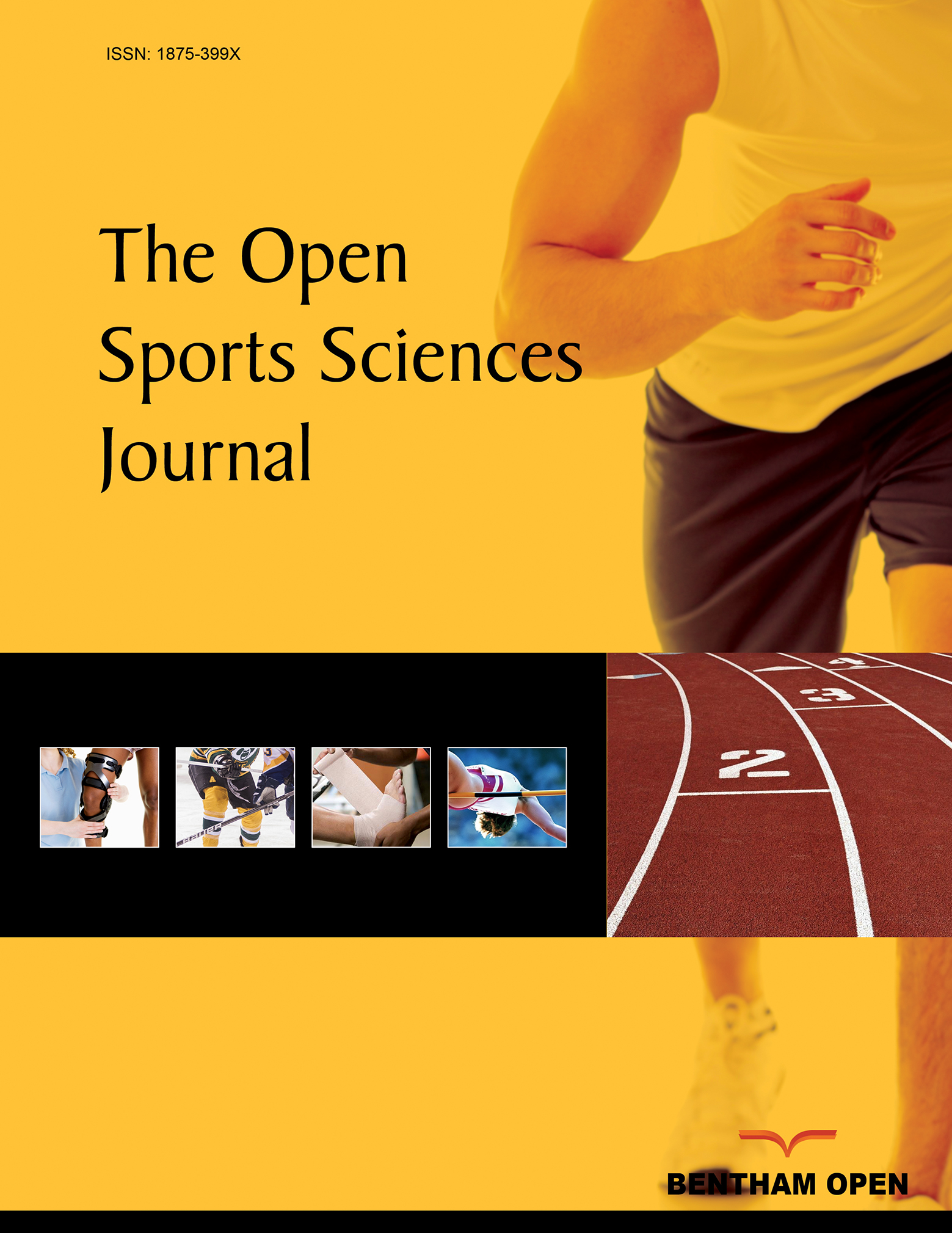Empirical Investigations of Nonlinear Motor Learning
Abstract
Skill acquisition can be conceived as a nonlinear, emergent process punctuated by sudden changes in skill ca-pability and coordination dynamics stability. The rate of learning when expressed in terms of movement dynamics typi-cally follows nonlinear trajectories interspersed throughout practice with trial-to-trial fluctuations. In this review we pre-sent recent empirical evidence examining both individual learners and also groups or teams of learners, which serve to further illuminate the nonlinear nature of skill acquisition. Innovative experimental designs, and sophisticated data collec-tion / analysis tools are common features of this rapidly expanding body of literature. Finally, we present a number of practical implications for consideration within sport and physical activity pedagogy in the 21st century. The key role of physical educators is to design tasks and games that provide learners with opportunities to explore and find movement so-lutions within a set of specific constraints (especially task constraints).


